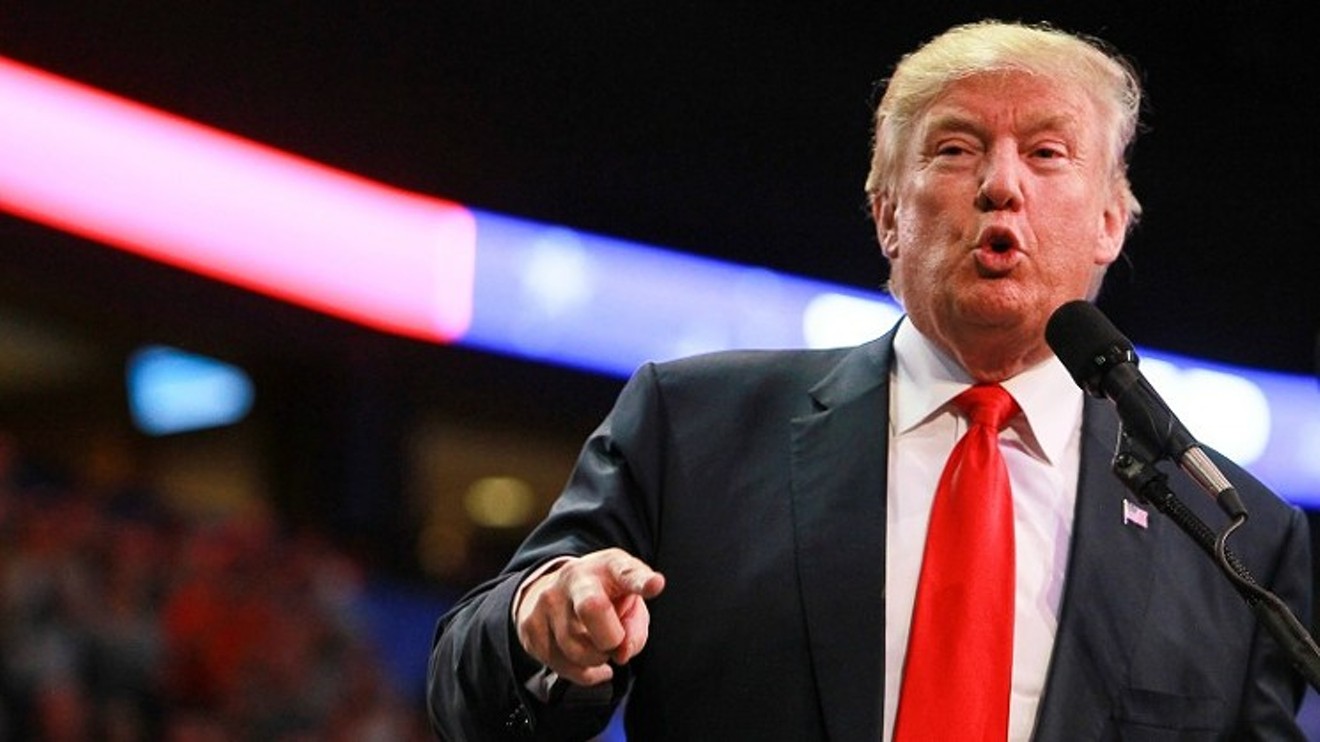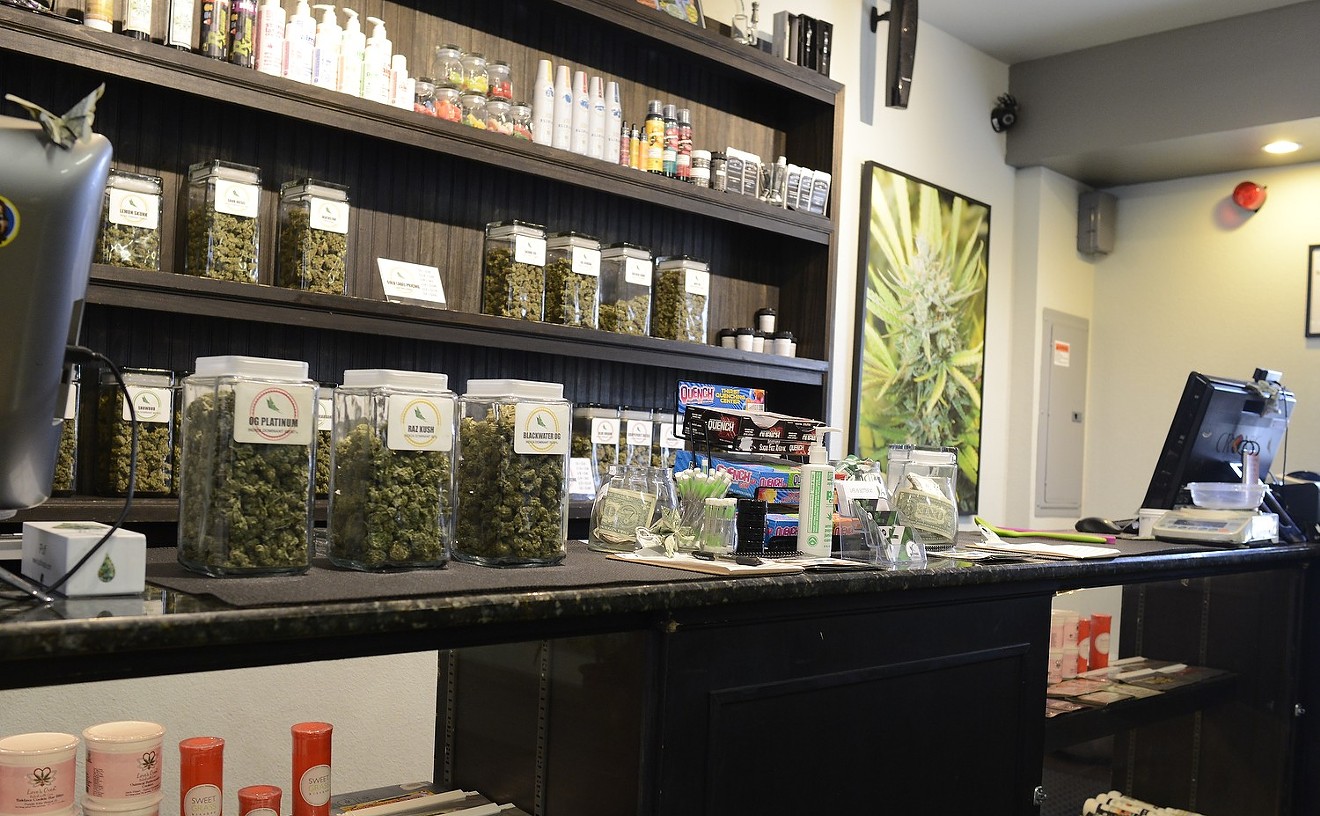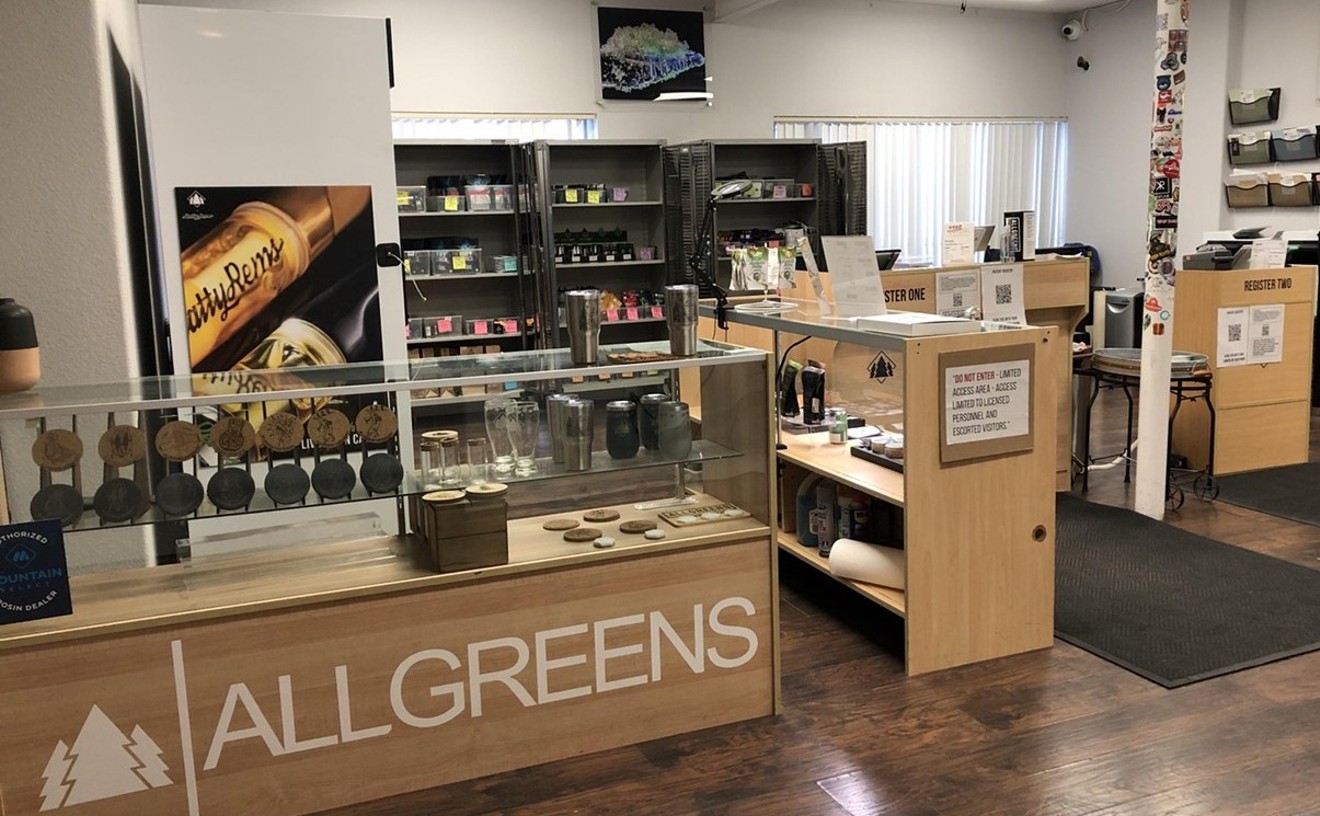According to an unclassified summary obtained by Buzzfeed, committee notes are not to be distributed externally and require a close hold. Among other things, "departments should provide…the most significant data demonstrating negative trends, with a statement describing the implications of such trends."
Reporter Dominic Holden, who broke the story, notes:
In an ironic twist, the committee complained in one memo that the narrative around marijuana is unfairly biased in favor of the drug. But rather than seek objective information, the committee’s records show it is asking officials only to portray marijuana in a negative light, regardless of what the data show.Headed by the White House Office of National Drug Control Policy, the committee reportedly includes reps from fourteen agencies, including the United States departments of Justice, Homeland Security, Health and Human Services, and State; the Environmental Protection Agency and departments of Defense, Education, Transportation and Veterans Affairs were all instructed to submit fact sheets that identify marijuana threats and issues.
That move would mark a very different course from the direction in which marijuana legalization advocates had cautiously hoped the White House was moving. In June, President Donald Trump had said he would "probably" support a bipartisan bill introduced by Senator Cory Gardner — the Strengthening the Tenth Amendment Through Entrusting States (STATES) Act — and while he was campaigning in 2015, he'd said marijuana was a states' rights issue.
The White House has not responded to the Buzzfeed report, but other political offices quickly did.
“There seems to be a lot of interest in these storylines going around about how staff are trying to manipulate the president or to work around his firmly held policy positions – including the position he’s held since the campaign that marijuana policy is best left to the states,” Alex Siciliano, Gardner's communications director, says in a statement. “Additionally, President Trump said publicly in June that he is likely to support Senator Gardner’s STATES Act.”
The starkest example of a Trump staffer trying to take on legal marijuana is none other than Attorney General Jeff Sessions, who has repeatedly stated his disdain for the plant; he's also ordered federal enforcement agencies under the purview of the Department of Justice to enforce federal law, which still labels marijuana a Schedule I drug. In January, Sessions revoked the Cole Memorandum and other protective guidelines for marijuana dating back to 2009.
Reactions from other Colorado politicians weren't as dismissive. In an email to Westword, Congressman Jared Polis, the Democratic gubernatorial candidate, says he would have rung "the alarm bells" had he known of the White House's described actions, adding that lawmakers "cannot allow these types of attacks on facts and states’ rights."
“We have to respond with the facts and continue to be an example to the nation on how to safely and effectively regulate marijuana," Polis continues. "In Congress, we also must pass legislation to prohibit the federal government from going after states that have legalized marijuana. We already have bipartisan support for the STATES Act and my Regulate Marijuana Like Alcohol Act. If [the BuzzFeed article] is in fact true, whether you call it misinformation or propaganda, it shouldn’t be happening. It’s a waste of taxpayer dollars, and it’s infringing on states’ rights."
Polis and three other members of Congress launched the bipartisan Cannabis Caucus in 2017, to urge the U.S. House of Representatives to reform federal marijuana policy. “The Congressional Cannabis Caucus will continue to press for legislation to prohibit the federal government from going after states that have legalized marijuana," Polis adds.
State Representative Jonathan Singer, who has pushed for marijuana law reform at the state level, thinks the federal government would do more bad than good if it were trying to push an incomplete narrative about marijuana.
"Marijuana, it's a drug, and caffeine is a drug, and heroin is a drug. These are all drugs, and they need to be talked about in a context of how they actually affect people. When you overstate the dangers of any particular drug, you have youth that are looking at this, and they're saying 'Well, the adults lied to me about the dangers of marijuana...so maybe I'll try the next thing, too,'" he explains. "What they're doing is actually counterintuitive."
Around the country, support for legalizing the plant is hovering at an all-time high, according to a Quinnipiac University poll in April, which found that 63 percent of Americans support legalization. Since Colorado and Washington voters approved recreational marijuana measures in late 2012, six more states have seen successful ballot measures for retail marijuana sales, while Washington, D.C., and Vermont legalized recreational cultivation and possession, but not sales.
National Cannabis Industry Association executive director Aaron Smith says his organization was "aware of efforts at the staff level to create a coalition against cannabis policy reform," but adds that the legal marijuana industry has more influence in D.C. than it used to.
"[The] NCIA is continually working with our growing list of congressional allies to communicate the benefits of state regulation and the need for reform," he says. "Most recently, we endorsed the Marijuana Data Collection Act, legislation introduced by Representative Tulsi Gabbard, which would objectively collect information on the progress of state marijuana laws."
The state Marijuana Enforcement Division and Colorado Governor John Hickenlooper's office did not respond to requests for comment as of this posting.













